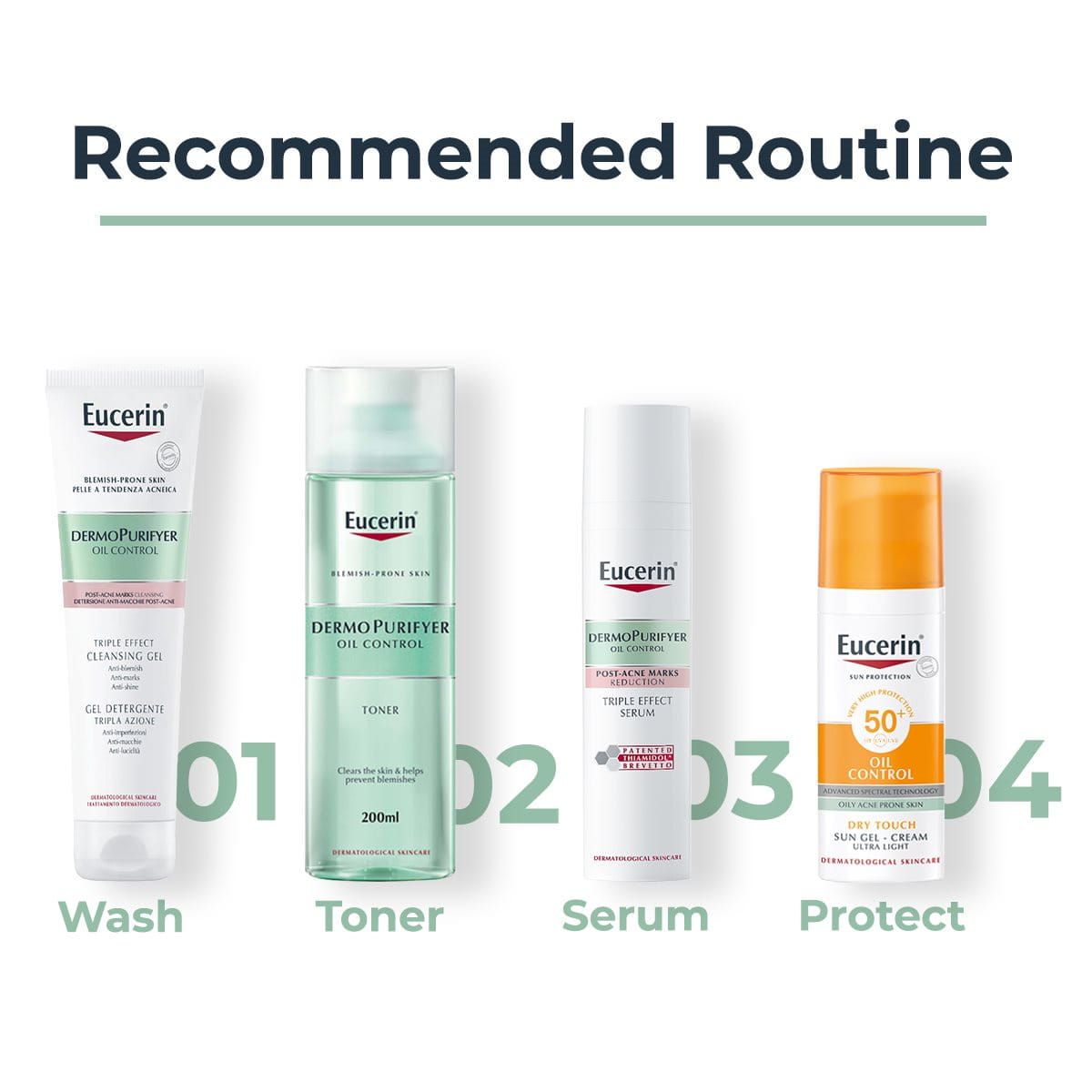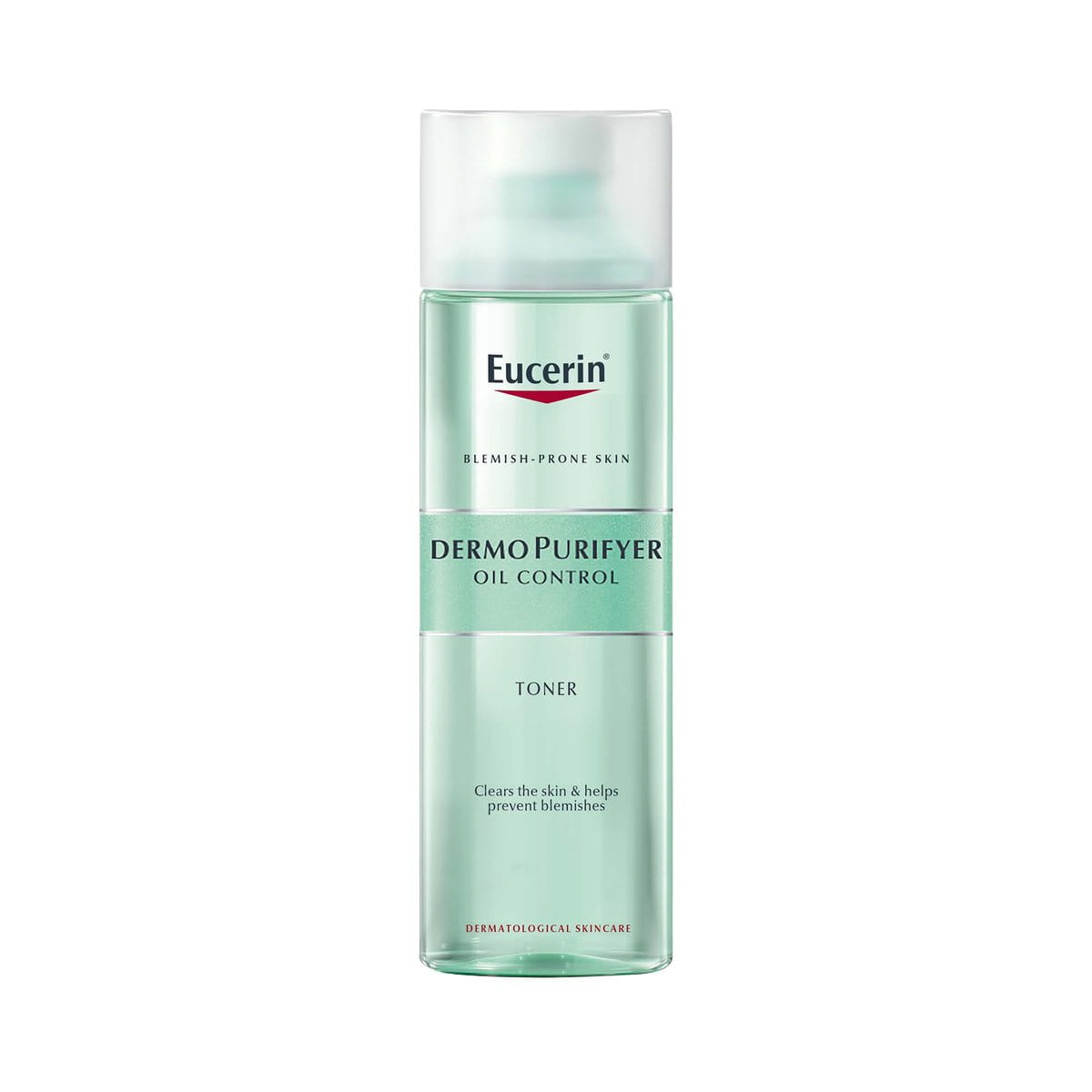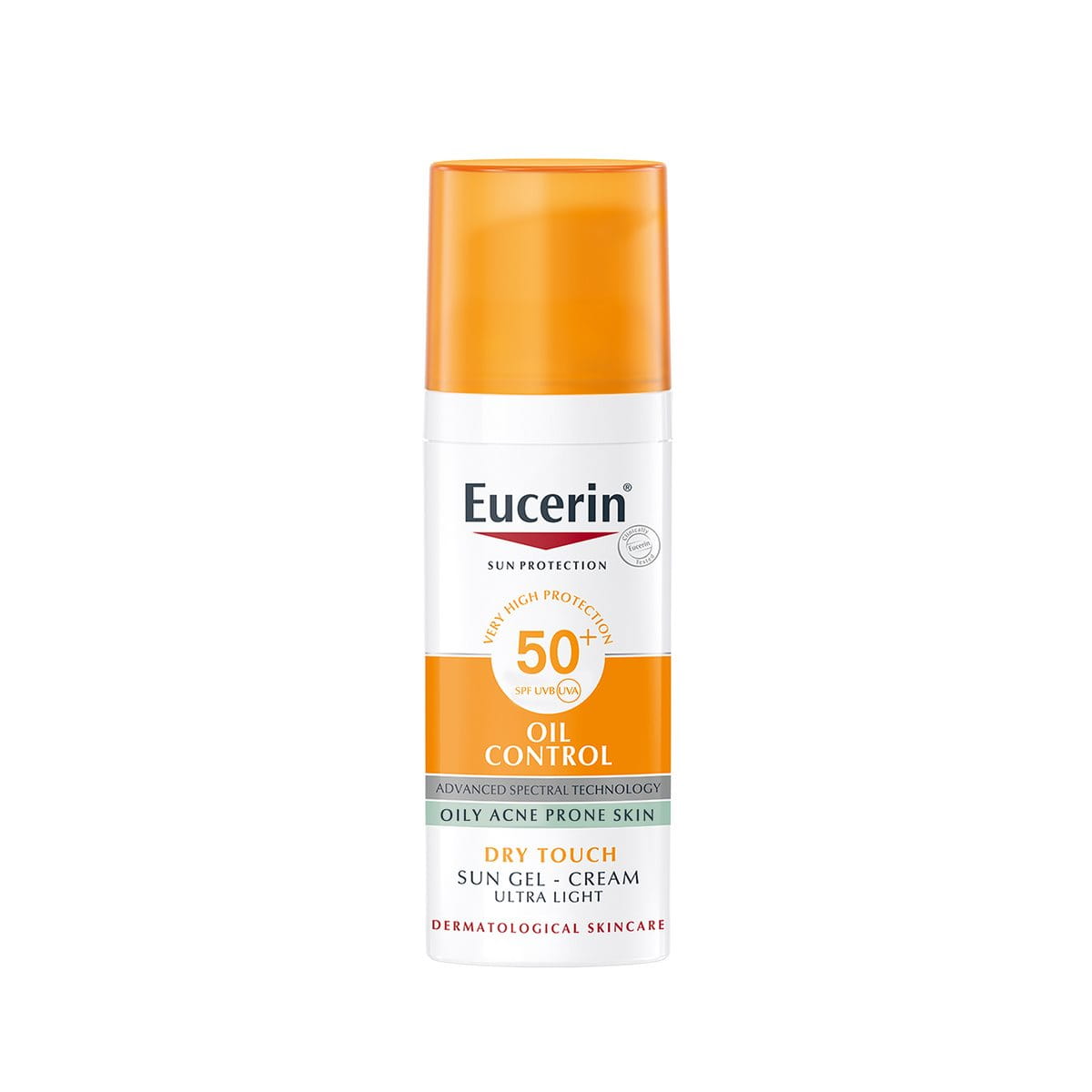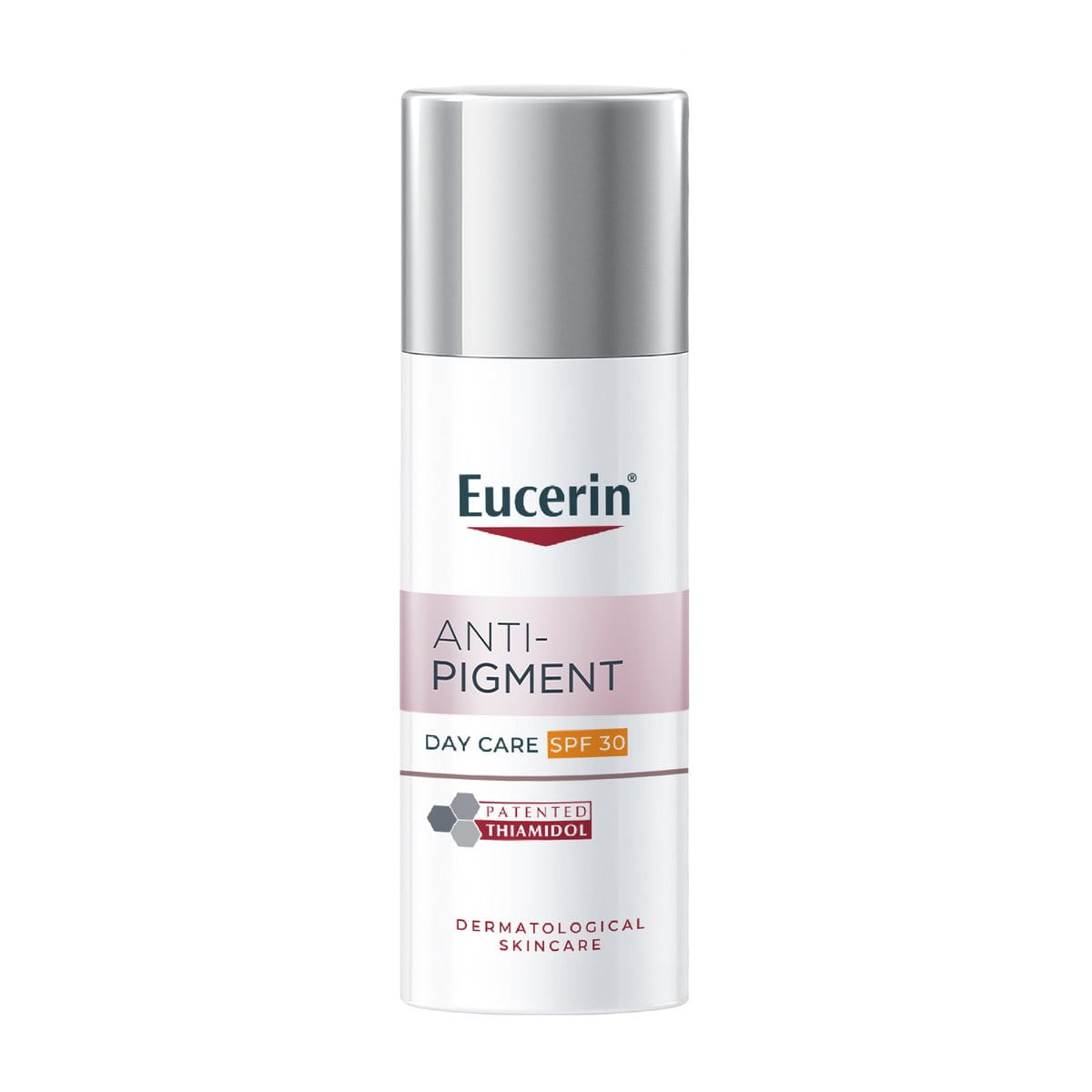Like all good habits, skincare isn’t a one-off practice. Your day skincare routine requires consistency, proper steps, and the right products, especially in the mornings. An easy way to get into this habit is by keeping your shelf stacked up, regimen ready, and then it's just like clockwork. Here’s all you need to know about a daytime skin care routine -
Keynotes:
- A consistent morning skincare routine plays a key role in cleansing, protecting, and maintaining healthy skin.
- A daily skin care routine includes cleansing, toning, applying serums (with active ingredients like hyaluronic acid or Thiamidol), moisturising, and sunscreen for broad-spectrum protection.
- Choosing products tailored to your skin type ensures better results while preventing concerns like dryness, oiliness, pigmentation, or breakouts.





